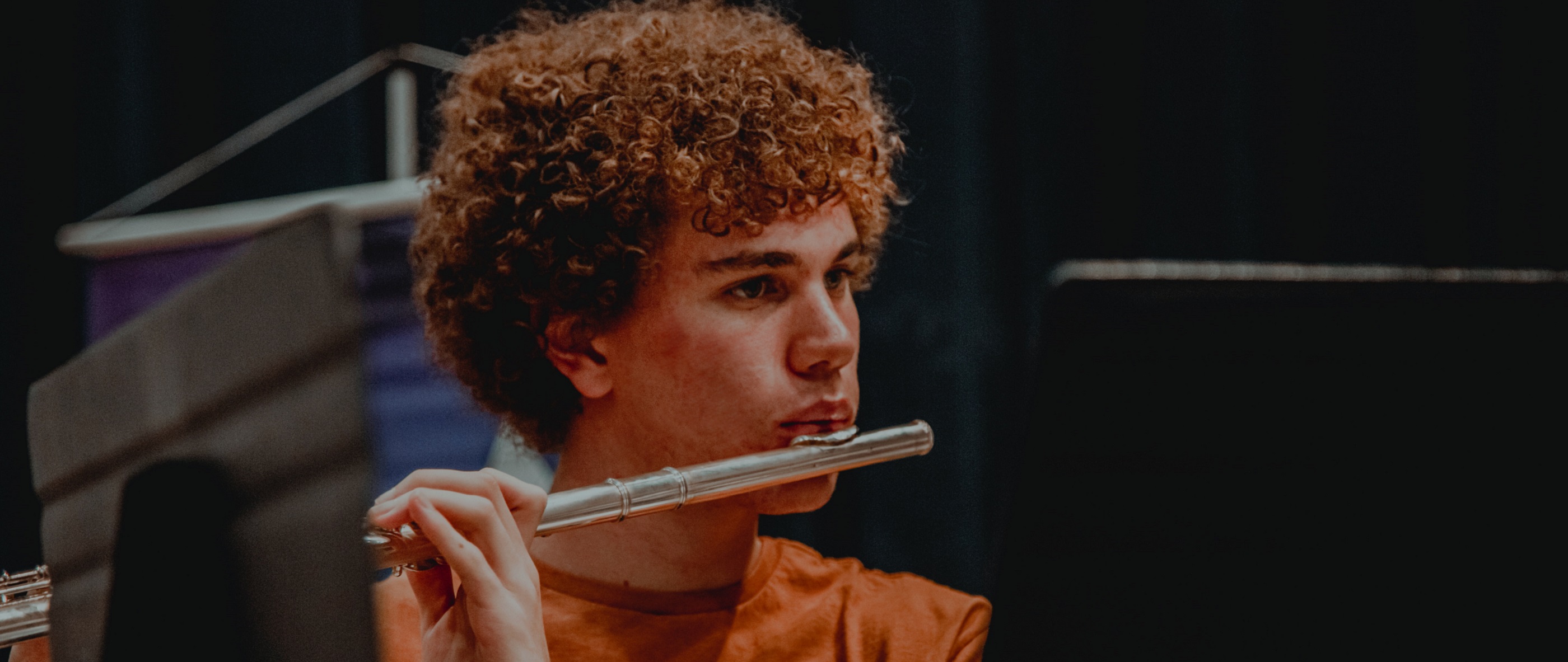
Singing or Musical Theatre? Which exam is right for my student?
BY: Natalie Christopher
15 March 2023
The 2023 Singing syllabus was released earlier this month, including more musical theatre repertoire than ever before, and featuring in our graded song books for the first time ever. Furthermore, we have stated that repertoire from our new Singing syllabus can also be performed in Musical Theatre graded exams. But what are the differences between the two and how do you know which one to choose for your students? We aim to help you answer those questions in this blog.
What skills are you looking to develop and have recognised?
The first key difference between Singing and Musical Theatre is that they sit within different suites of exams: Music and Drama respectively. This is therefore reflected in the skills we are looking to assess.
Singing exams focus on a candidate's vocal competence; their ability to demonstrate technical control of their voice, to realise the music with fluency and accuracy, and to communicate the meaning of the song effectively. These skills are demonstrated through the performance of three (or four at Grades 6-8) songs, the choice of vocal exercises, Vaccai or an unaccompanied folk song for the Technical Work section, and, in face-to-face exams, two Supporting Tests from the options of sight singing, aural, improvisation and musical knowledge (Initial to Grade 5 only).
Singing only constitutes part of a Musical Theatre exam, however. As well as the ability to communicate through song, candidates are also required to demonstrate other dramatic skills through the portrayal of monologues, and to consider the impact of of movement or dance in their performance. The exam also includes a reflective element where the candidate discusses the pieces they have performed and the meaning behind them.
How diverse are the student's musical interests?
Musical theatre repertoire is a popular choice with our candidates but you may want to discus whether this is the sole genre they wish to focus on or whether they want to include it as part of a wider programme of styles. Musical Theatre exams, as the name suggests, focus purely on this genre, whilst encouraging candidates to explore the breadth of styles, narratives and characters within this canon.
Singing candidates, especially at the higher grades, will need to include other styles as part of their programme, choosing from groups such as folk songs, German Lied, operatic arias and French mélodies.
What other strengths and challenges might you need to take into consideration?
In addition to whether a candidate has a musical or dramatic leaning, you might also want to consider how your student might approach other requirements within the exam construct. For example, Musical Theatre candidates are required to perform much of their exam from memory, whereas, for Singing exams, this is only necessary for the Technical Work section.
In comparison, Grade 6-8 Singing exams have the requirement for programmes to include at least two living languages (i.e. not Latin), meaning at least one song will need to be performed in a language other than English.
How will they be assessed?
All graded Music exams are taken as solo exams; however, many of our Drama exams, including Musical Theatre, can be taken in pairs or as groups. This provides candidates with the opportunity to explore characterisation, dialogue and stage directions more fully.
For more information on our Singing and Musical Theatre exams, why not watch one of our webinars:
Photo by antonio molinari on Unsplash




Comments & Replies